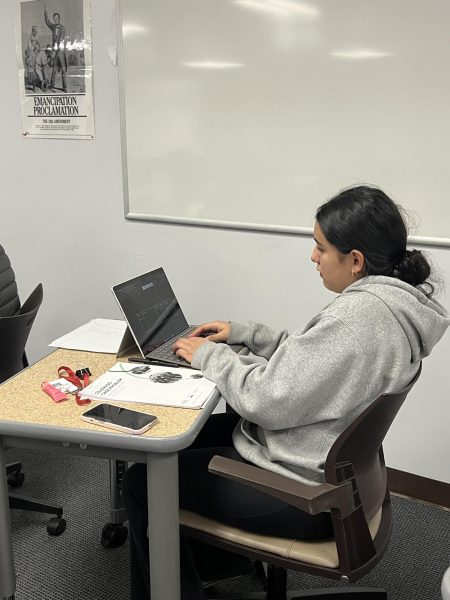Is “Popularity” Important?
“It doesn’t really matter, it’s just high school”.
Sound familiar? We’ve all had a time where someone – be it a parent, teacher, or ourselves, has told us that our homework was much more important, and that we couldn’t go out with friends until we were done. It really does seem logical that work should trump socializing.
Social science say otherwise.
A study at the University of Chicago estimates that “moving from the 20th to 80th percentile of the high-school popularity distribution yields a 10% wage premium nearly 40 years later”(based upon a system of “nominations of friendship”).
10% is quite a bit of money in the real world. That means an unpopular student who had a 4.0 GPA who now makes ninety thousand dollars annually is making TEN THOUSAND DOLLARS less per year than a popular student who had a 4.0. Over the course of about 45 years (the average American’s working life), that is FOUR HUNDRED AND FIFTY THOUSAND DOLLARS less than the popular graduate – enough to buy a small house and a very nice car.
Interestingly enough, an entire point in one’s GPA only affects earnings about 12%, (according to a study by The Washington Post).
Therefore, an ideal student with a 4.0 GPA who is unpopular will logically make less than a popular student with a 3.3 GPA.
Absurd.
The truth of the matter is this: social skills trump. Knowing how to handle oneself with wit and to conduct oneself in a proper way is extremely important.
“There has to be a balance between schoolwork and social life. You need to spend as much time as you can working on schoolwork, because ultimately that’s the most important.,” says sophomore Dean Maloney. “But you also need to find time to hang out with friends and to do some stuff outside of school”.
What is popularity though? There are kids who know everyone’s name, there are kids whose name everyone knows, there are kids who connect with everyone, there are kids who say “hi” to everyone, there are kids who are extra close with small groups, there are kids who keep to themselves, and there are plenty of kids who don’t fall into any of these categories.
The truth is, nobody really knows.
Research suggests there are two major types of popularity, perceived and sociometric.
Perceived popularity is the “classic” view of popularity, the type one could find in any 80’s high school movie. These people are often actually not very well liked at all. Perceived popularity is based on “social prominence”, how admired, envied, gossiped about, and even feared people are. Popularity based upon social prominence is not necessarily a bad thing – plenty of people are both popular by prominence and by their goodness of heart.
Sociometric popularity, however, is a much deeper view of popularity. It’s when someone is very well liked and appreciated by their peers. These people are generally very well known as well, but for reasons of their peers’ actual positive feelings about them. These people tend to enjoy much better lifestyles than their perceived popularity counterparts.
“I think it’s more important for people to actually like who you are than to be like ‘oh I know who that is’. Like you want people to be like ‘oh she’s such a good person’ instead of like ‘oh she’s so like…’ you know?” says Samantha Arrigo, sophomore.
Any way you slice it, people skills are important. The friends you make now are imperative to how you will live your life, so appreciate the people who love you. And when people tell you that high school social life isn’t important, you’ll know better.






